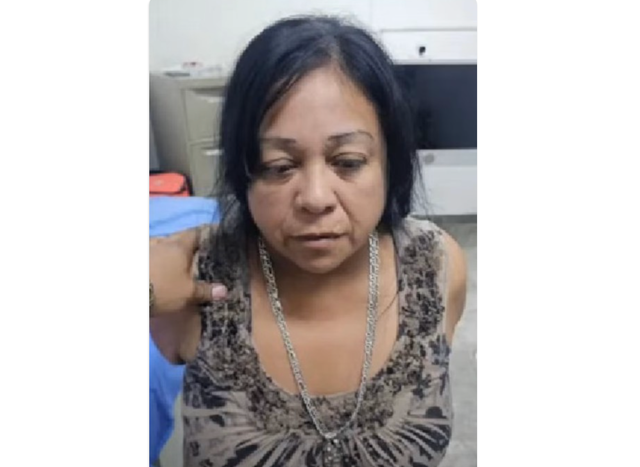Capture of Alleged Cartel Leader Linked to Infant Trafficking
In a significant operation conducted in coordination with U.S. intelligence agencies, authorities apprehended Martha Alicia Mendez Aguilar, infamously known as “La Diabla,” on September 2, 2025. She is accused of orchestrating a horrifying infant trafficking operation in northern Mexico, according to senior officials involved in the investigation.
Details of the Trafficking Ring
Aguilar is believed to have been a prominent figure within the Jalisco New Generation Cartel (CJNG), which has been notorious for its violent tactics and extensive influence across Mexican territories. Reports indicate that Aguilar and her associates targeted vulnerable pregnant women, often from impoverished backgrounds, luring them to secluded locations. Allegedly, the cartel’s operatives conducted illegal cesarean sections, resulting in the deaths of the mothers and the subsequent sale of infants into the black market. Intelligence officials report that these infants were sold to U.S. couples at prices reaching up to 250,000 pesos, equivalent to approximately $14,000.
Collaboration Between U.S. and Mexican Authorities
The successful capture was made possible thanks to intelligence shared by the National Counterterrorism Center (NCTC), which is part of the Office of the Director of National Intelligence. NCTC Director Joe Kent emphasized the brutal nature of the cartel’s operations, stating that it exemplifies the attempts by terrorist organizations to diversify their income streams. Analysts meticulously tracked Aguilar’s movements and patterns, allowing for a collaborative effort that included the U.S. Marshals Service, FBI El Paso, and Mexican law enforcement, including the Special Prosecutor’s Office for Women (Fiscalia Especializada en la Mujer).
Continuing Investigations and Wider Implications
Following her arrest, Aguilar remains in custody while investigations into the trafficking operation are still in progress. This incident sheds light on the U.S. government’s increasing focus on dismantling violent cartels, which was notably intensified after President Trump signed an executive order designating certain cartels as foreign terrorist organizations earlier this year. The State Department subsequently identified eight gangs for this designation, including CJNG.
The implications of these regulatory changes are profound. By categorizing cartels under counterterrorism frameworks, U.S. agencies now possess a wider range of tools to address these groups beyond conventional criminal prosecution methods. However, this approach has attracted criticism, with some warning of potential overreach and adverse effects. Advocates argue that heightened measures are justified, as many of these cartels increasingly resemble hybrid terrorist organizations seizing control over territories while expanding their trafficking networks.
Cartel Data and Security
As of now, U.S. intelligence sources have included over 21,000 cartel members and associates in their classified databases, which relate to the newly labeled foreign terrorist organizations. Furthermore, approximately 6,525 individuals identified as terrorists have been barred from entering the United States since the initiation of the Trump administration.
| Detail | Information |
|---|---|
| Cartel Leader | Martha Alicia Mendez Aguilar (“La Diabla”) |
| Primary Operation | Infant trafficking and illegal cesarean sections |
| Estimated Cost per Infant | 250,000 pesos (~$14,000) |
| Date of Capture | September 2, 2025 |
| Collaborating Agencies | NCTC, U.S. Marshals, FBI, Mexican law enforcement |
The case marks a stepping stone in the application of counterterrorism strategies against criminal organizations, indicating a new era in how the U.S. engages with the complexities of drug and human trafficking in Mexico.

